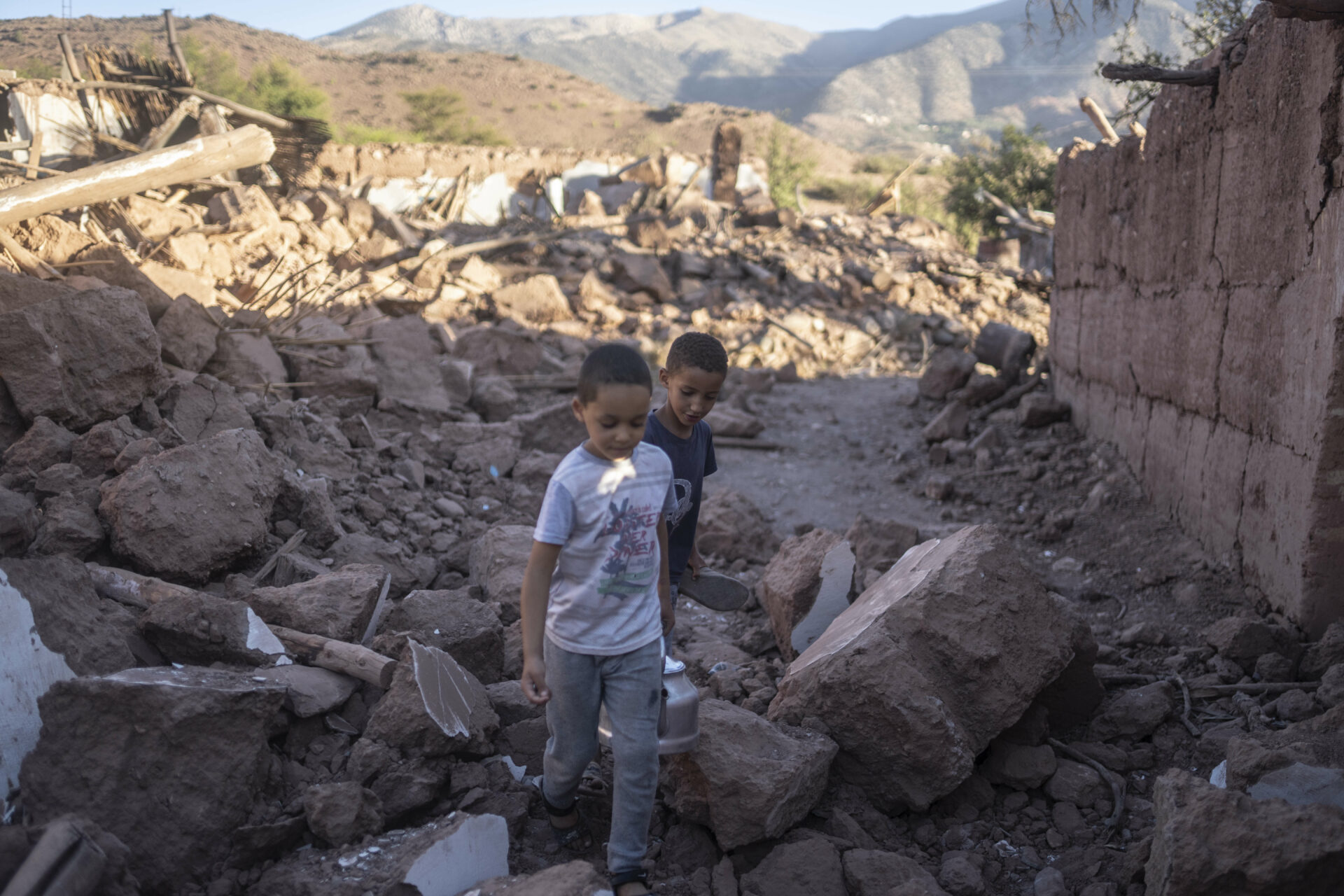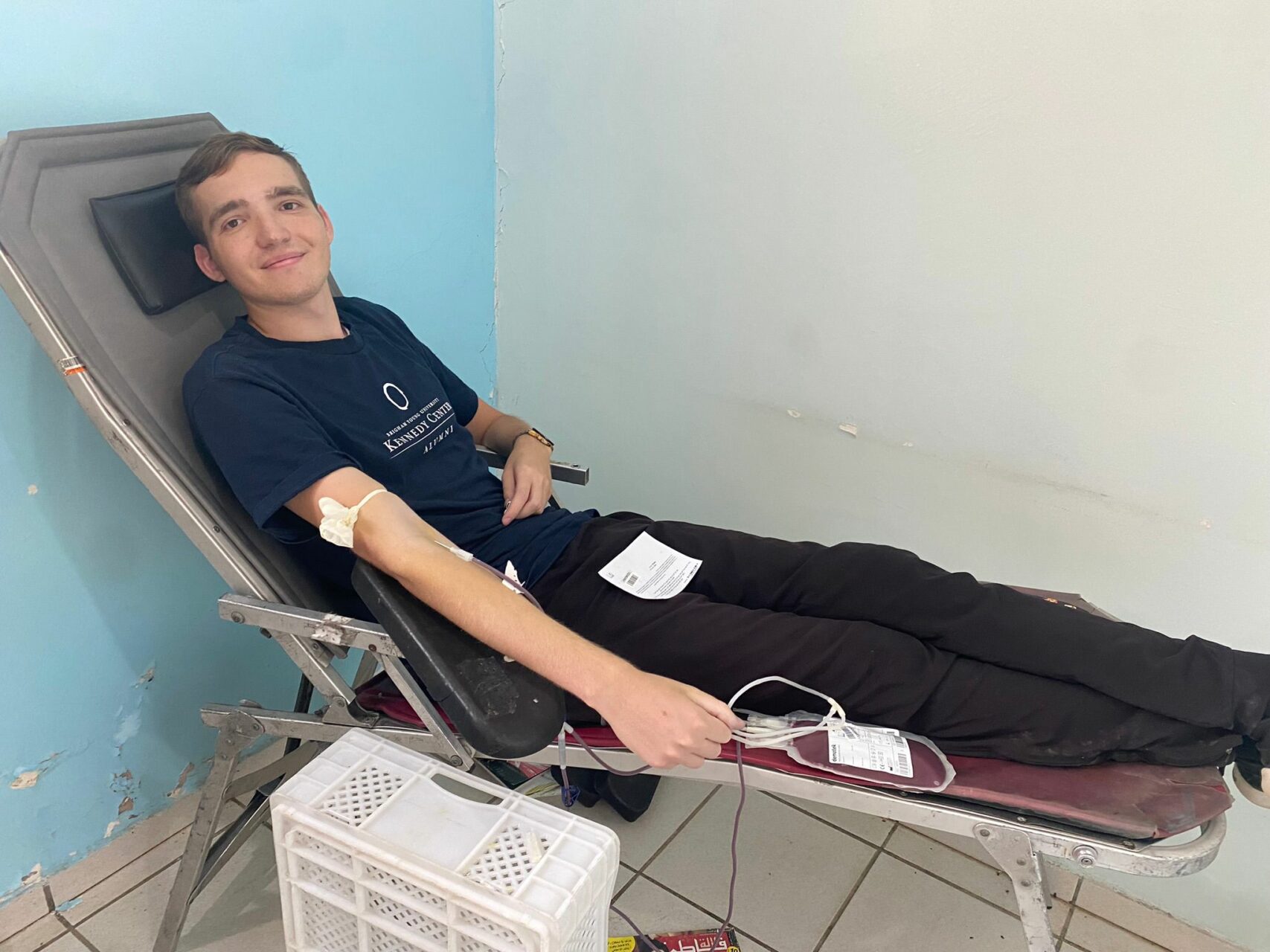
BYU study abroad students in Morocco may have been a little shaken on Friday, Sept. 8, but they are alive, well and are doing what they can to help the community in the aftermath.
Three hundred miles to the northeast of the 6.8 earthquake epicenter in the high Atlas Mountains, students in Meknes, Morocco said they heard a low rumble and felt their building shudder.
“The pictures on the wall (started) waving back and forth,” BYU student Nick Heil said. Neil is studying Arabic as part of the Arabic Flagship Capstone program at the Arab-American Language Institute in Morocco.
According to Heil, the shaking lasted about 20 seconds. After it stopped, the Flagship leadership in Meknes helped Heil and the other students out to the street and away from tall buildings where they waited out aftershocks.
The evacuation plan was part of a previously established safety procedure for BYU students who participate in the study abroad program or at the Jerusalem Center.
“We always have contingency plans if you need to evacuate or shelter in place,” said Dr. Kirk Belnap, BYU professor of Arabic and Arabic Flagship Center Director. Belnap is overseeing the students remotely this semester.
BYU International Travel Policy states, “The university is strongly committed to helping all its personnel and students be as safe as possible while traveling abroad.”
One of the challenges the program faces is receiving timely information. BYU will reach out as soon as they know there is a situation, but even in Meknes, news about what had happened in the area surrounding Marrakech was slow coming and inaccurate at first.
“There was absolutely zero information for the first hour and a half,” Heil said. “News reports said there were no injuries.”
To counter the delay and ensure students have the proper care and safety they need, students are required to sign up with their country’s embassy or consulate. Heil received a call from the U.S. Embassy not long after the quake to ask whether he was injured or needed assistance.

When BYU International Security became informed of the event a few hours later, they notified Belnap. He promptly contacted each student to ascertain their status and whether or not assistance was needed.
Belnap has mentored many students in the study abroad programs, as well as at the Jerusalem Center. He was on-location when the Jerusalem Center Director implemented safety procedures in 1996, when violence broke out in Jerusalem. More recently, he helped students, including Heil, evacuate Morocco during the COVID-19 pandemic when the country closed its borders.
If the students in Meknes had been injured, Belnap would have coordinated with security at the Kennedy Center to receive instructions as to how to proceed. Study abroad students are covered by GeoBlue Insurance, which provides medevac in cases where it is necessary.
“I definitely feel pretty safe,” Heil said.
After getting a few hours of sleep, several students headed over to a clinic to donate much needed blood for the injured in earthquake affected areas.




